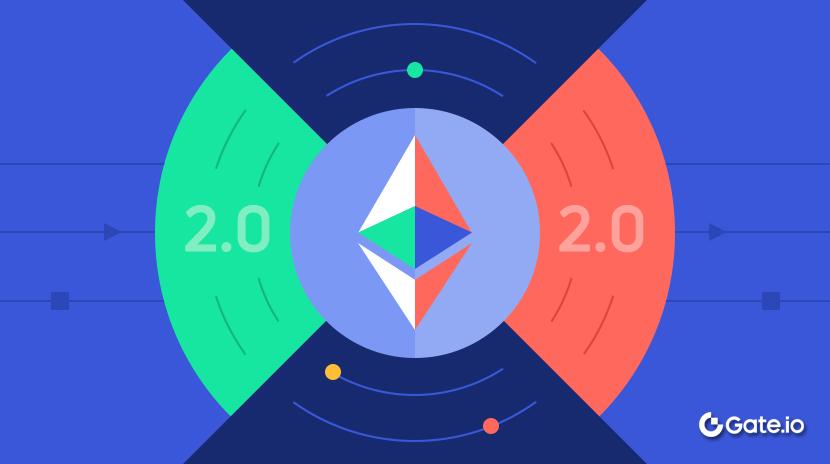Sahara AI Launches Public Beta Network SIWA: Pioneering the AI-Driven On-Chain Era
AI is entering the bottom layer of civilization, while the ownership of intelligent assets remains a mystery.
Behind the rapid development of AI globally, an issue that has long been overlooked is gradually becoming a consensus focus - the construction of artificial intelligence relies on large-scale human collaboration, but the ownership structure of its value is still severely imbalanced. Data, labels, feedback, behavior, these original assets that support the growth of models are still difficult to track, confirm ownership, and incentivize.
In the past, AI was seen as a technological achievement; today, it is more like a refinement of distributed productivity. Who is participating? Who should own it? Who should benefit? The answers to these questions will directly determine the future form of the AI economy.
The emergence of Sahara AI is proposing a reconstruction plan of AI X WEB 3 in this context: participating in construction, contributing value, and obtaining returns from artificial intelligence, facing everyone with the world’s first full-stack, AI-native blockchain platform that is open and accessible to all.
Unlike wrapping existing AI tools around Web3, Sahara AI has been trying to establish a brand-new order of intelligent assets since its birth—where key assets such as data, models, intelligent agents, etc. can be registered, authorized, verified, and shared, forming an ‘on-chain property rights layer’ and ‘value distribution layer’ in the AI era.
Sahara releases the SIWA testnet: the first publicly available on-chain data rights system
On May 19, 2025, Los Angeles time— Sahara AI officially launched its public test network SIWA, opening up AI creation, collaboration, and monetization channels for developers across the chain. SIWA is the first public entry point of Sahara Blockchain. As the underlying infrastructure, its core function is to provide verifiable rights, permission management, and on-chain monetization capabilities for AI assets such as data sets and models, establishing a trustworthy and traceable AI collaboration standard.
During the private test phase, Sahara AI has achieved significant growth: the total number of accounts has exceeded 3.2 million, with daily active accounts surpassing 1.4 million, of which over 200,000 users have participated in data labeling tasks.
The first phase of SIWA’s public beta focuses on ‘decentralized data rights confirmation,’ allowing users to register autonomous data sets on-chain and mint data ownership certificates, giving them the attributes of traceability, pricing, and profit sharing, thereby changing the traditional AI’s reliance on data that is implicitly plundered and not priced.
“AI is evolving based on the data of billions of users, but the vast majority of them are neither authorized nor compensated.”
Sahara AI Co-founder & CEO Sean Ren said:
“Sahara is not just another blockchain project; it is a call for systemic reflection and collective action. Our data services platform has already achieved real revenue and will directly return this value to the testnet users. SIWA will support developers and chains willing to empower AI contributors to join our ecosystem.”

Sahara AI’s protocol roadmap includes three additional stages before the mainnet: licensing of attribution conversion to revenue, revenue distribution and royalty insurance pool; permissionless testnet adopting open source protocols; and channel registration, origin tracking, and contribution proof for automatic revenue sharing.
The SIWA testnet this time has introduced more than 40 new ecosystem partners, covering fields such as AI, Web3, cloud computing, and academic institutions, including AWS, Google Cloud, UC Berkeley, Together AI, and QuickNode. Previously, Sahara has established partnerships with Microsoft, Amazon, Snap, MIT, USC, UCLA, MyShell, etc.

“Sahara AI is ushering in a more open, fair, and sustainable era of AI collaboration.”
Together AI co-founder and CEO Vipul Ved Prakash said:
“We believe that scalable computing power will become the new infrastructure for Web3 AI. Together AI will fully support the developer platform of Sahara, helping more users easily call and deploy intelligent models.”
With the release of SIWA, Sahara AI will also gradually launch its flagship applications to the public, providing tools, infrastructure, and economic systems related to the industry chain for builders and contributors of Web2 and Web3: AI Developer Platform, AI Marketplace, and Data Service Platform (DSP).
The data service platform will start public beta testing on May 27th. This is an innovative service that uses distributed contributors for large-scale data collection and annotation. The platform provides decentralized auditing, incentive distribution, and quality inspection mechanisms. In the first season, the number of data entries approved reached 289,000 with an accuracy rate of 92%. In the second season, it exceeded 2.55 million entries with an accuracy rate increased to 95%.
Sahara AI has solved the long-term lack of AI infrastructure in the blockchain ecosystem, providing a full-stack AI development and collaboration platform for global developers. It implements the ownership, transaction, and profit sharing of AI assets through the Web3 protocol mechanism. SIWA marks the fundamental restructuring of AI production relations and is also the starting point of the De-AI era.
📎 About Sahara AI
Sahara AI is the world’s first AI-native full-stack Web3 platform, dedicated to accelerating a future driven by artificial intelligence - participating in building, contributing value, and gaining returns from artificial intelligence, open and accessible to everyone. The platform is powered by Sahara Blockchain and has received support from leading global institutions such as Microsoft, Amazon, MIT, Motherson Group, etc.
Statement:
- This article is reproduced from [TechFlow],copyright belongs to the original author [Sahara AI], if you have any objections to the repost, please contactGate Learn TeamThe team will process it as soon as possible according to the relevant procedures.
- Disclaimer: The views and opinions expressed in this article are solely those of the author and do not constitute any investment advice.
- The other language versions of the article are translated by the Gate Learn team, on-chain, when not mentioned GateIn the case of not copying, spreading, or plagiarizing translated articles.
Related Articles
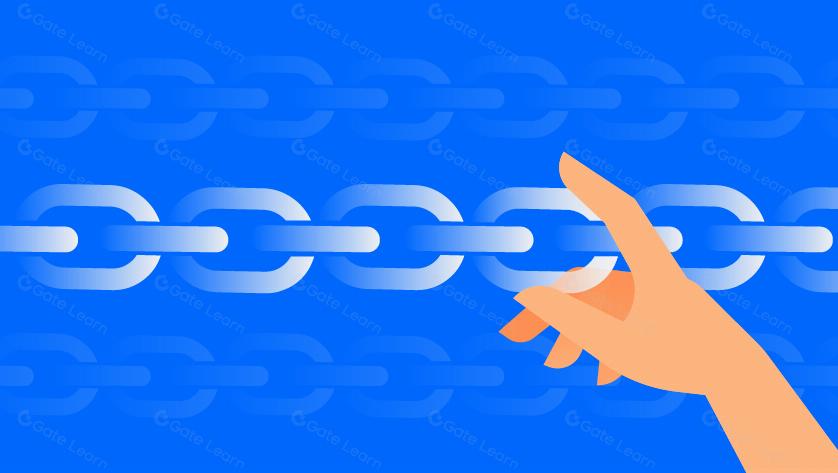
The Future of Cross-Chain Bridges: Full-Chain Interoperability Becomes Inevitable, Liquidity Bridges Will Decline
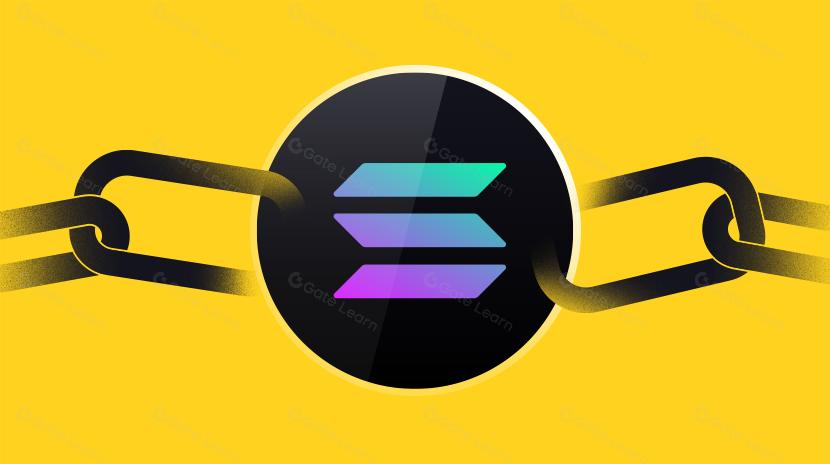
Solana Need L2s And Appchains?
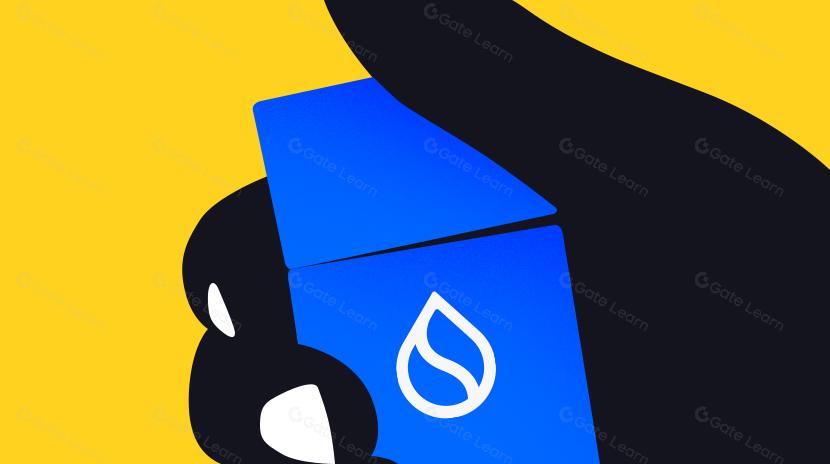
Sui: How are users leveraging its speed, security, & scalability?
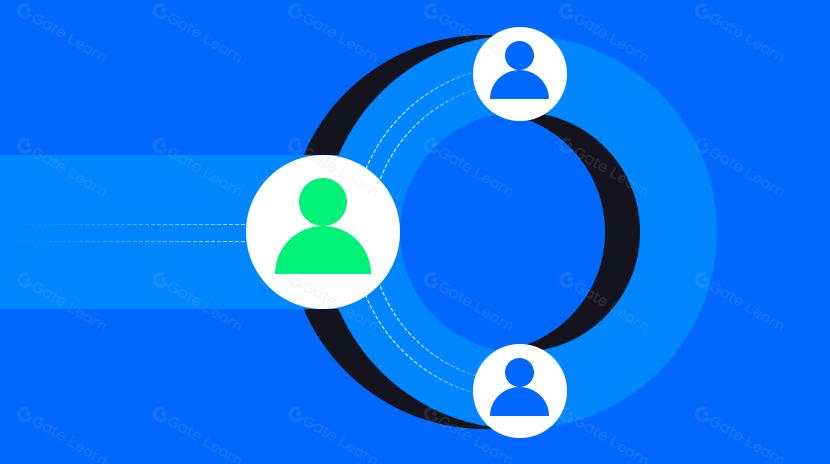
Navigating the Zero Knowledge Landscape
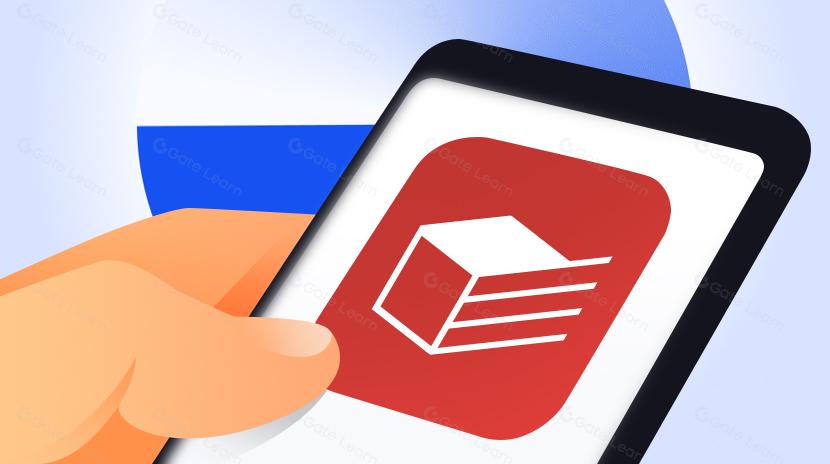
What is Tronscan and How Can You Use it in 2025?
